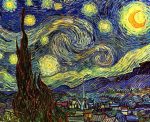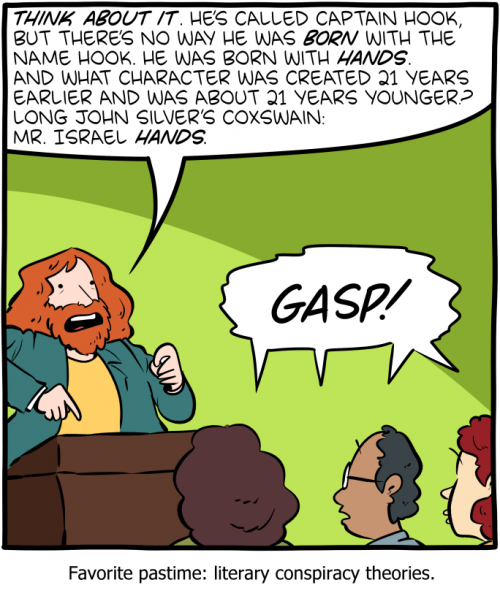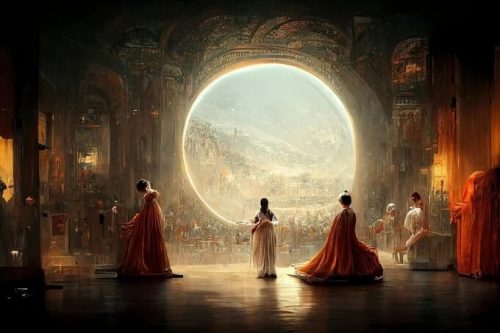I am struggling with student engagement in all of my classes: poor attendance, poor participation, all those horribly negligent bugaboos that make it hard to teach. So here we are, halfway through the term almost, and I’m trying to shake things up.
I’m teaching a course titled “The History of Evolutionary Thought,” which is also a writing-enriched course — I’m expected to spend half the class time, approximately, teaching writing skills. I consider that permission to get experimental at times. This past week I lectured on the history of geology, Hutton through Lyell, so today I made them sit down and do a writing exercise.
We read poetry.
Can I do that in a science building, in a science course? You betcha. I did. I made them think about a poem about James Hutton. I gave them these instructions:
The idea of Deep Time inspired many writers, and some of them are poets. Today, I want you to write a paragraph on this poem. You can
• interpret some aspect of the poem
• write about the virtue of poetry to science
• explain how it makes you feel
• express your own ideas about Deep Time
• write your own poem!
And here’s the poem!
JAMES HUTTON LEARNS TO READ THE
HIEROGLYPHICS OF THE EARTH
by Ron Butlin
Woken once too often by the rattle-clatter
of tumbril wheels on cobbles, the click . . . click . . .
click of distant knitting needles,
James Hutton decided never to go
to sleep again.
Then, by the light of several Edinburgh Council moons
(spares, in case the heavens were taken over
by the church), he tip-toed past storm-wrecked
Holyrood Abbey, went striding down
unimagined corridors,
through undreamt-of walls and doors where
Scottish Hope would one day
be cemented into place
(the bars across its parliament windows
wooden, just in case).The Park . . . Salisbury Crags . . .
where several hundred million years ago,
the Earth had cracked itself wide open –
*
Detailed as a map of Man’s undiscovered self,
zigzag Time lies flat-packed,
for everyone to see . . .
Stacked magma, olivine, dolerite chilled to glass,
eternity crushed to lines of slowly
spelled-out hieroglyphics, and cut
in blood-red haematite.
. . . and Hutton sees it. He’s the first!First to know he walks upon an ancient ocean floor
(God’s Flood, the merest puddle in all that vastness).
First to hear the stone-hard heartbeat pound-pound-
pounding out Existence.
Elsewhere, Revolution has taken to the streets
with an accusation and a scream,
a guillotine-swish . . .
French clocks run backwards to Year One.
Sunday 23rd October 4,004 BC?
All in the blink of a biblical eye! says Hutton.
*
Meanwhile, you and I continue turning
on our axis to the tick . . .
tick . . . tick of Time that never
started Once upon a . . .
And will surely never, ever –
Ah, these strata, these infinities glimpsed between!
I made them ponder and write for 25 minutes, and then we had a discussion. I think it went well. They were wide awake, at least!
Next week, I’m talking about pre-Darwinian ideas about biological change. Maybe I should read them one of Erasmus Darwin’s poems? Or maybe not — they’re awfully suggestive, and I don’t want to end up like Joe Gow.










